COURSE OVERVIEW
PROCESS & CHEMICAL ENGINEERING
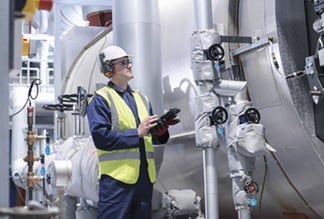
OVERVIEW
| COURSE TITLE | : | PE0105 : Process Plant Optimization, Rehabilitation, Revamping & Debottlenecking |
| COURSE DATE | : | Feb 05 - Feb 08 2024 |
| DURATION | : | 4 Days |
| INSTRUCTOR | : | Mr. Mervyn Frampton Days |
| VENUE | : | Dubai, UAE |
| COURSE FEE | : | $ 4500 |
| Request For Course Outline | ||
OTHER SCHEDULED DATES
| Date | : | May 06 - May 09 (4 Days) | Location | : | Al Khobar, KSA | Classroom Fee (US$) | : | $ 4500 | Course Info |
| Date | : | Aug 04 - Aug 08 (5 Days) | Location | : | Doha, Qatar | Classroom Fee (US$) | : | $ 6000 | Course Info |
| Date | : | Aug 05 - Aug 08 (4 Days) | Location | : | Doha, Qatar | Classroom Fee (US$) | : | $ 5500 | Course Info |
| Date | : | Nov 11 - Nov 14 (4 Days) | Location | : | Abu Dhabi, UAE | Classroom Fee (US$) | : | $ 4500 | Course Info |
Course Description
This practical and highly-interactive course includes various practical sessions and exercises. Theory learnt will be applied using our state-of-the-art simulators. Process plants are normally designed to nameplate capacities stipulated at the commencement of design. However, this can be misleading. Usually plants have an inbuilt design margin that is not visible to the owner, leading to false operating constraints that cost you lost revenue. On the other hand, bottlenecks are often introduced due to poor design or as a result of incomplete commissioning and poor control. These tend to result in your facility having reduced throughputs coupled with poor uptime. Not too long ago, it was generally conceded that a new plant could produce at least 10% more than its nameplate capacity. In some instances, owners would oversize certain pieces of critical equipment to assure this and possibly more. Today, however, we see plants being expanded too much higher capacities due to a combination of new technology and improved ways to operate and control them.Correctly identifying both limits and opportunities provides the lowest investment revamp. Processes include more than just equipment. Processes include specific linkages between equipment to achieve the operating plant objectives. Revamps must examine both the capabilities of the equipment and the opportunities available from changing the process sequence (or operating conditions). Correctly integrating equipment and process evaluation requires good field test data, an accurate analysis of the data, and putting together a proper team for a given revamp. No revamp is the same as any other. Every plant is different. All equipment and every process have different limits and different opportunities.This course is designed to provide a good overview of the process plant optimization, rehabilitation, revamping and debottlenecking. It covers process plant overview, optimization & profitability, basic and advanced optimization tools, optimizing the design, capacity creep & plant debottlenecking, cost-effective debottlenecking strategy and action plan, optimizing process operations, process controls, optimizing reliability, management & enterprise information systems, risk management & optimization, optimizing offsites operations, utilities management, rehabilitation philosophy and mechanism, revamping strategy and options, r&d role in new product development and production capacity enhancement, safety & environmental considerations, and project management issues. The course includes many case studies that will be discussed within the 5 days. However, participants are encouraged to bring their own problems and case studies to the course. These problems should be of a non-confidential nature that can be discussed without violation of any confidentiality restrictions. link to course overview PDF
TRAINING METHODOLOGY
This interactive training course includes the following training methodologies as a percentage of the total tuition hours
LecturesWorkshops & Work Presentations
Case Studies & Practical Exercises
Videos, Software & Simulators
In an unlikely event, the course instructor may modify the above training methodology before or during the course for technical reasons.
VIRTUAL TRAINING (IF APPLICABLE)
If this course is delivered online as a Virtual Training, the following limitations will be applicable
| Certificates | : | Only soft copy certificates will be issued to participants through Haward’s Portal. This includes Wallet Card Certificates if applicable |
| Training Materials | : | Only soft copy Training Materials (PDF format) will be issued to participant through the Virtual Training Platform |
| Training Methodology | : | 80% of the program will be theory and 20% will be practical sessions, exercises, case studies, simulators or videos |
| Training Program | : | The training will be for 4 hours per day starting at 09:30 and ending at 13:30 |
| H-STK Smart Training Kit | : | Not Applicable |
| Hands-on Practical Workshops | : | Not Applicable |
| Site Visit | : | Not Applicable |
| Simulators | : | Only software simulators will be used in the virtual courses. Hardware simulators are not applicable and will not be used in Virtual Training |
RELATED COURSES
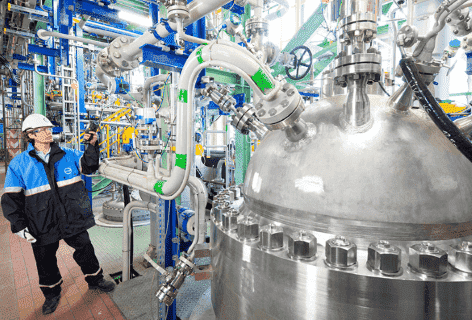
PE0450 : Plastic Additives Selection, Application & Troubleshooting
- Date : May 20 -May 23 / 3 Days
- Location : Doha, Qatar
- Course Details Register
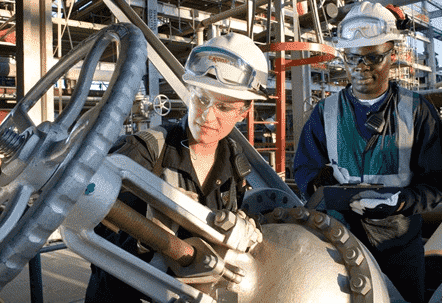
PE0120 : Catalyst Selection & Production Optimization
- Date : Jul 15 -Jul 18 / 3 Days
- Location : Abu Dhabi, UAE
- Course Details Register
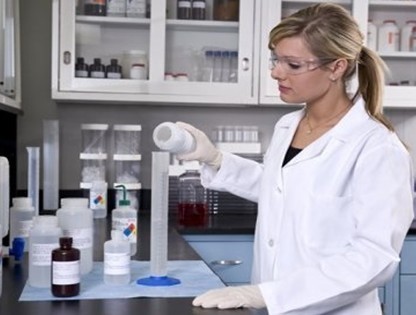
PE0625 : Introduction to Polypropylene Technology
- Date : May 20 -May 23 / 3 Days
- Location : Istanbul, Turkey
- Course Details Register
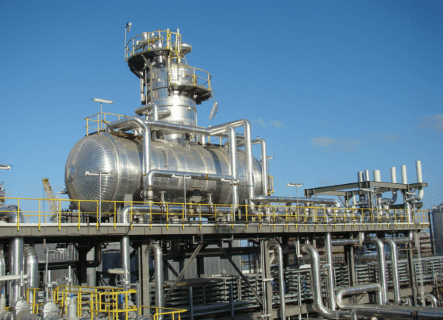
PE0620 : Polyethylene & Polypropylene Manufacturing & Process Troubleshooting
- Date : May 13 -May 16 / 3 Days
- Location : Al Khobar, KSA
- Course Details Register
